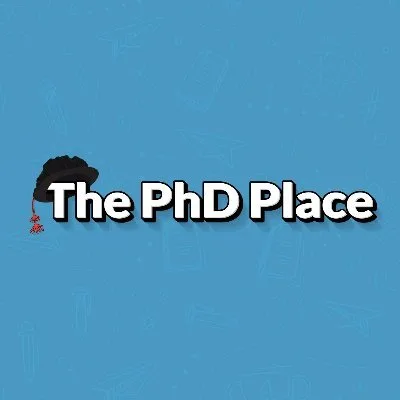Publishing feels impossible sometimes. You’ve already got research, teaching, maybe conferences, and then you’re told you need to publish too.
The problem is that nobody shows you how. No roadmap. No checklist. Just pressure to get something out. That’s why publishing feels so hard.
The first hurdle: finding a topic
You sit down to write and hit the wall: what’s my paper going to be about?
It sounds simple, but it isn’t. Too broad and you drown in the literature. Too narrow and it’s not worth writing. A good topic has to fill a research gap, be doable with the time and data you’ve got, and actually matter. That combination is tricky, and it’s one reason papers stall before they even start.
Rejection for the wrong reasons
Even good papers get rejected. One of the most common reasons is sending it to the wrong journal.
If your work doesn’t match a journal’s scope, style, or word count, it won’t even make it to review. Figuring out where your work belongs isn’t obvious. Impact factors, open access, scope notes, rejection risks… these are the hidden rules of academia. You usually only learn them the hard way.
The grind of writing
Academic writing is slow. Even experienced scholars manage only a few hundred words a day. Add procrastination, writer’s block, or perfectionism, and you can waste hours staring at a blank page.
Sometimes it’s not the writing itself. It’s the mental load. Feeling like your work isn’t good enough. Worrying you’ll never finish. Avoiding it altogether. That’s how papers sit half-finished for months.
Feedback and rejection
Rejection is normal. That doesn’t make it easier. Reviewer comments can be harsh. Supervisors pile on changes. Sometimes your paper gets bounced back without review. If you’re not ready for that, it feels brutal even though it happens to everyone.
Why it feels so hard
Every stage comes with its own trap:
- Deciding on a topic.
- Getting words down.
- Picking the right journal.
- Coping with rejection.
- Facing reviewer comments.
And through it all, universities rarely explain how publishing actually works.
How to make it easier
Publishing is hard, but it isn’t impossible. There are strategies that make it easier. Planning ahead, choosing carefully, and building habits that actually work. Learning how to use feedback instead of fearing it.
These things exist. They can be taught. You don’t need to figure them out by trial and error.
A roadmap when you need one
That’s why we created How to Write and Publish a Successful Academic Paper.
It’s a step-by-step course with 31 concise lessons, a practical workbook, and lifetime access to a supportive community. It gives you the strategies and insider knowledge that universities don’t teach, so you can move from blank page to published paper without wasting years guessing at the rules.
Publishing doesn’t have to feel impossible.




